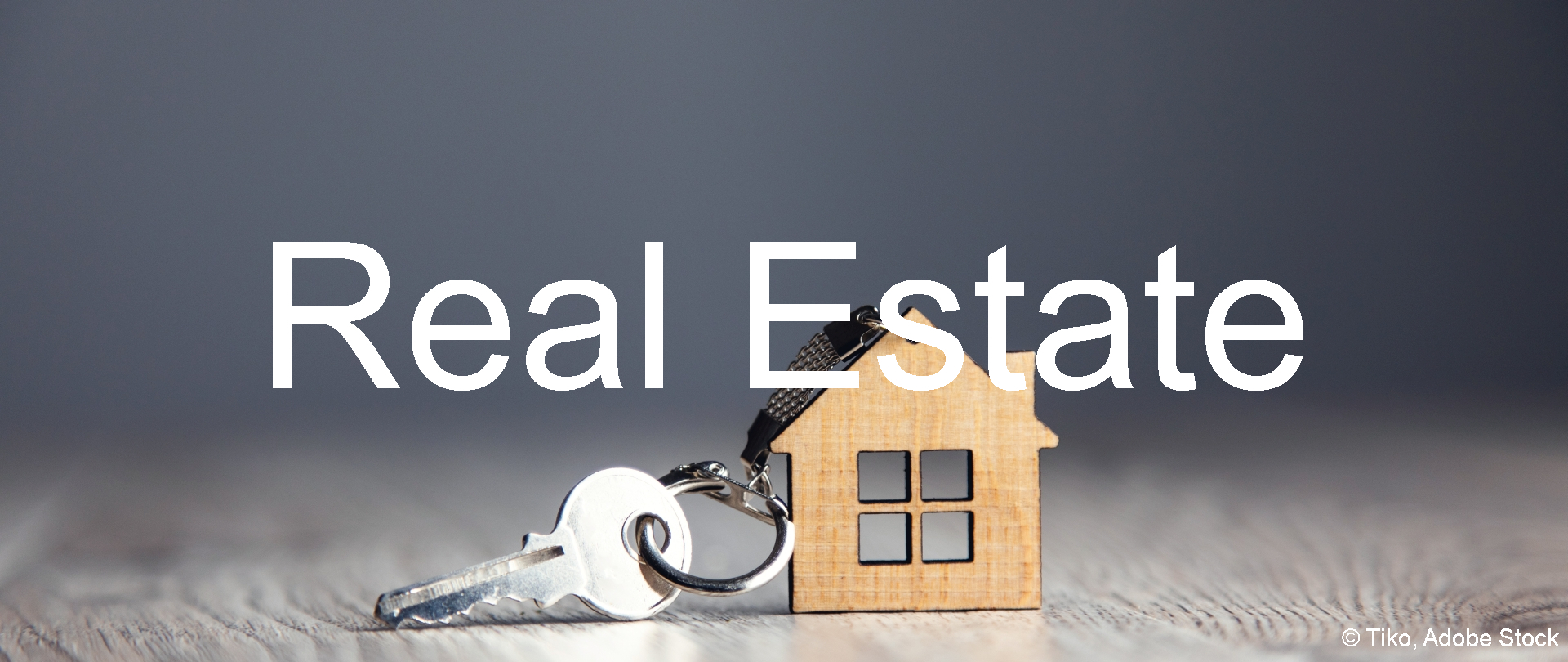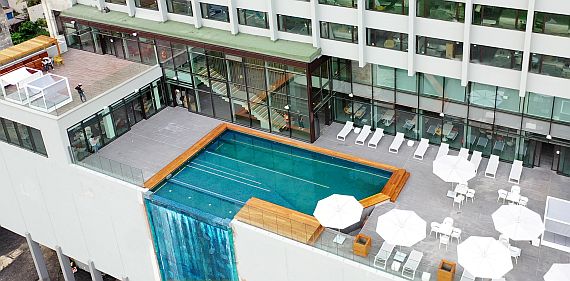
News & Stories
Munich. Crisis, state of emergency, closed EU borders – the mobility of people around the world is decreasing by the hour. Coronavirus first attacks the tourism industry. While many operating companies and individual hotels are already struggling to survive, investors and owners are still quite relaxed: They invest for the long term and see corona only as a seasonal disruption. A snapshot by Beatrix Boutonnet.
London. Total European hotel transaction volume reached the highest annual level ever recorded last year – with €27.1 billion-worth of deals being struck. 2019 might have seen the last large investment volumes.
Milan. Italy's investment figures for the year 2019 prove: The Italian hotel real estate investment market has finally matured. The market boosted by 158%. Venice finally surpassed Rome as the most attractive destination for investors.
Frankfurt/Main. Virtual Reality, Instagram spots, more plants and local atmosphere: At its investors' meeting for the EMEA region, the Radisson Hotel Group introduced its future hotel design.
Washington. Trump's Washington DC hotel opened only three years ago – in October 2016 – and now it's up for sale – for a whopping US$500 million, which works out to over US$1.9 million per room for the 263-key property; this would be one of the highest prices ever paid for a hotel in Washington.
Munich. Mixed Use is on everyone's lips. Some understand it as various businesses and services under a single roof, while others see them on a single property next to one another, and sometimes the term is used in connection with developing new quarters. An illustrious discussion panel sheds a bit of light on the role of accommodation businesses and their perfect partners.
Munich. While most hotel companies are still seeking their salvation in the asset light strategy, companies that are focusing on hotel properties are currently profiting from the run on properties. However, at the end of the day, they are also dependent on their operating partners; they still need them when the economic signs change. A current insight into strategies and plans of AccorInvest, Covivio, Hyatt and Premier Inn.
Munich. If you want to earn money with hotels in the closed-end funds sector, you have to consider more than just finding the right operator. As a result, two new public AIFs rely on mixed use and B locations.
Munich. Prior to the Expo Real in Munich, which starts on Monday, the real estate industry remains optimistic; hotel properties maintain their increased status.
Vienna. Falkensteiner Hotels & Residences and Finnest.com launch the next, now fourth joint crowd investing campaign. So far, they have collected 8.5 million euros.



